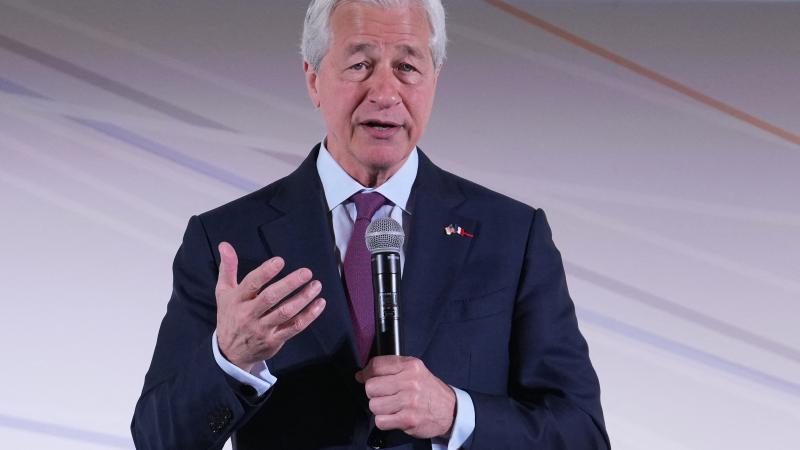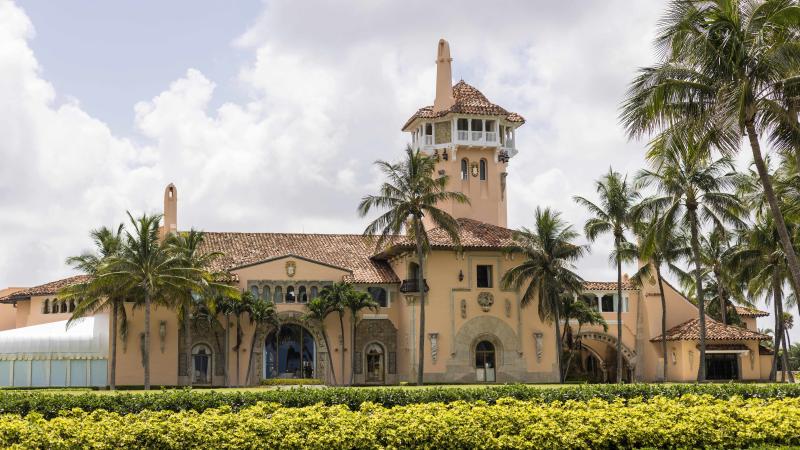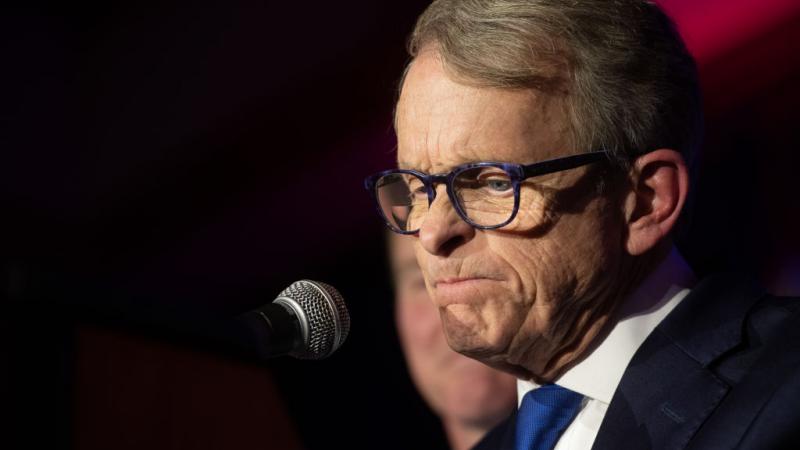Europe after decades of seemingly being immune to US-type culture wars now has plenty
In the U.S., opposite sides in these battles are largely sorted along political party lines. But in Europe, new moral battlegrounds often cut across traditional coalitions.
Europe had for decades appeared to be immune from American culture wars. But no longer: Many of the same symbolic conflicts that have polarized the United States are beginning to reshape Europe’s political landscape.
From Italy’s proposed ban on “gender relativism” in schools to Hungary’s restrictions on LGBTQ+ expression, and from France’s internal debate over secularism to the U.K.’s new fixation on “wokeness” to the rising influence of the nationalist Alternative für Deutschland (Alternative for Germany), or AfD, party and its agenda in Europe’s largest economy, a European version of culture wars have taken hold, one that mixes local culture and tradition with anxiety over rapid social change.
In the U.S., opposite sides in these battles are largely sorted along political party lines. But in Europe, new moral battlegrounds often cut across traditional coalitions.
In Rome, Budapest, Paris, London, Berlin and other capitals, once-stable political loyalties are giving way to shifting moral alliances, creating a confusing political landscape shaped by moral questions.
Conservative Italian Prime Minister Giorgia Meloni has defended the notions of “the natural family” and “biological truth” as part of a pushback against what she calls “progressive gender ideology,” creating an unlikely alliance with left-of-center Catholics.
Meanwhile, Hungary’s Viktor Orban has been a vocal supporter of what he calls “Christian Europe,” despite charges from Brussels that his methods are authoritarian. Meanwhile, Orban remains steadfast to his argument that Hungary’s cultural identity is under siege.
In France, debates over whether to allow Muslim clothing, from headscarves to full-body abayas, in schools and whether secular government policies are discriminatory appear in news headlines regularly.
Across the English Channel, the word “woke” has entered the lexicon as a shorthand for a kind of elite detachment that is alienating working-class voters and sparking protests. Two years ago, “gender recognition” controversies in Scotland sparked a quick response from London blocking proposed reforms.
And Germany’s normally pragmatic political system has been rocked by the dramatic rise of the nationalist parties like AfD have forced Chancellor Friedrich Merz to shift priorities from economics, international affairs, and security to questions of national identity and cultural cohesion.
“The same cultural and economic apprehension is being felt across the west,” ABS Securities political analyst Gian Franco Gallo told Just the News. “People are worried about jobs, mass migration, and national values. These are not uniquely U.S. concerns, they’re global. But they reveal themselves differently in different places.”
Across Europe, political leaders are learning that moral questions resonate more than technocratic ones. That means that debates over economic reforms and budget deficits have often been pushed off the front pages, replaced by broader discussions about who Europeans are and who they want to become.















